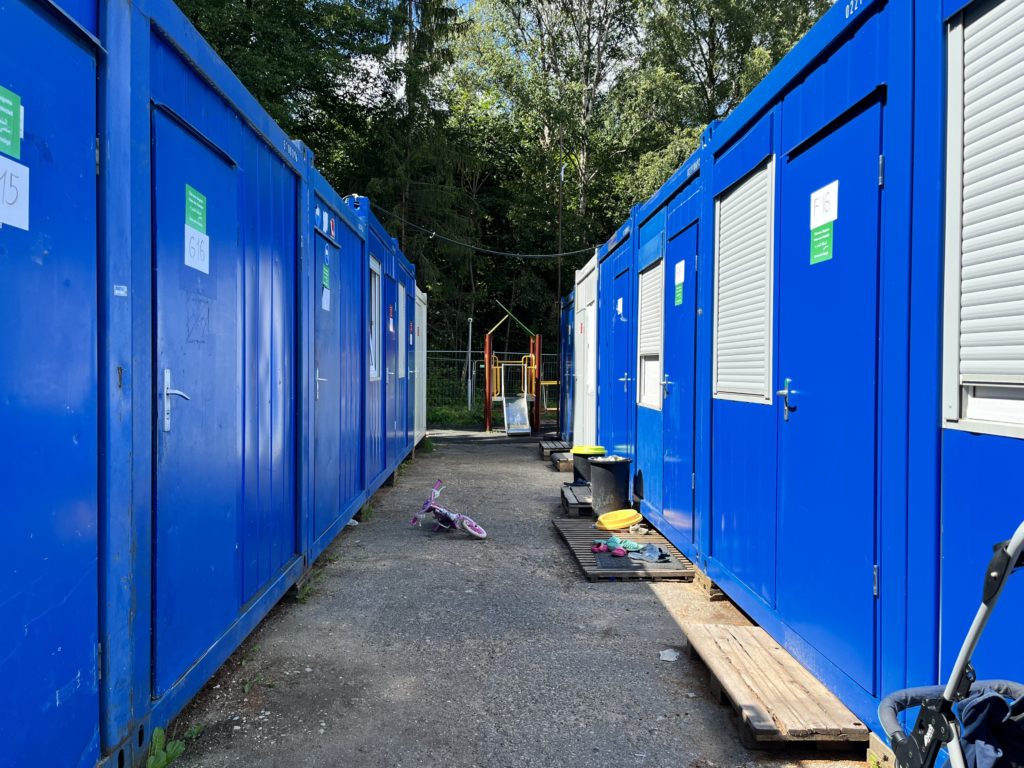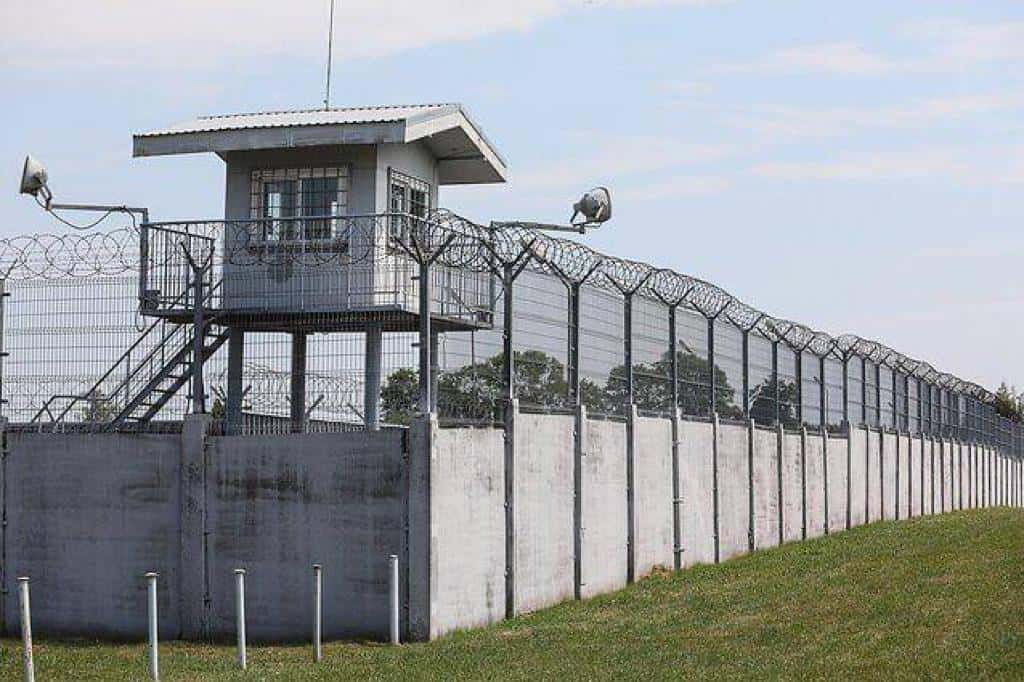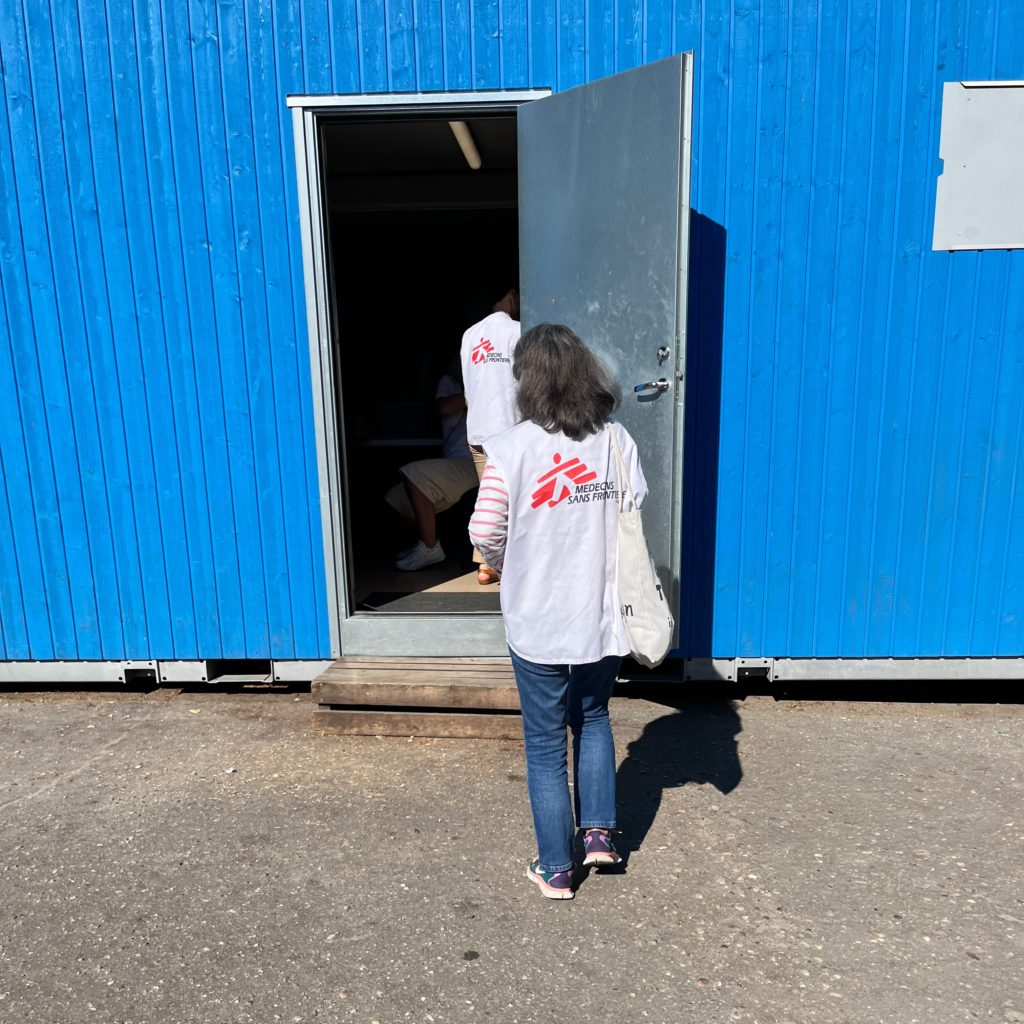Vulnerable migrants and people seeking asylum who are held in prolonged detention in Lithuania are consequently experiencing an alarming deterioration in their mental health. The Lithuanian authorities’ flawed migration practices and legal processes are further discriminating against certain nationalities, and contributing to the continued detention of these people, the international medical humanitarian organisation Doctors Without Borders/Médecins Sans Frontières (MSF) said today. MSF denounces the prolonged detention and systemic discrimination in Lithuania, and is calling for the immediate implementation of humane alternatives that equitably meet the needs of vulnerable and traumatised people.

Approximately 700 people are detained in Kybartai, Pabrade and Rukla and Naujininkai Foreigner Registration Centres (FRCs) in Lithuania, after having crossed the border from Belarus in 2021. Many of these men, women, and children have grave vulnerabilities and have undergone highly traumatising events. Detention is only exasperating these people’s suffering, and some nationalities are experiencing discriminatory higher rates of distressing extensions to their detention.

Since January 2022, MSF has been providing primary healthcare (until May 2022) and mental health support to the people held in Lithuania. However, MSF remains painfully aware that this work cannot address detention as the root cause of people’s suffering. Of the patients who MSF provided mental healthcare for between January and March 2022, over 70% highlighted detention as being the main cause of their need for support.
MSF has seen that some nationalities are significantly more likely to have this detention extended, remain detained after their detention order has expired, or have the limited freedom of movement they may have been granted revoked. For example, out of 184 people being held in Kybartai FRC during August 2022, most individuals come from two nationality groups which are present in almost identical numbers, making up 18% and 16% of the total population respectively. Nigerians make up 16% of this population, yet nearly 28% of the people are enduring extensions to their detention. The largest nationality group makes up 18% of the population, but under 2% of the extensions to detention.
Indians are only 6% of the people in this population, but make up over 15% of the current extensions. Additionally, Russian and Belarusian asylum seekers who recently arrived in the FRC were not subject to detention at all, and 100% of them have been granted limited freedom of movement.
MSF sees this pattern echoed in other FRCs across Lithuania, including places where precise data is almost impossible to gather. We are receiving numerous reports from some of the FRCs that some nationalities, including Nigerians and Congolese, are more likely than others to be subject to discriminatory migration practices. These include continued detention after the expiration of their detention order without receiving a legislatively mandated court-issued extension, and having their limited freedom of movement revoked (returning them to detention).
Across the world, MSF has seen how hostile migration policies and practices, such as arbitrary and prolonged detention, serve no purpose except to deny people their rights, and compound the misery of those subject to them. When authorities treat people in this cruel way; depriving them of their liberty, hope, and autonomy, it has severe consequences. It can destroy lives.
That the cruelty of detention is compounded in Lithuania by discriminatory practices and flawed legal processes, resulting in the further abuse of certain nationalities, underscores the inhumanity of the country’s approach to migration. It is the antithesis of the dignified and humane treatment, as well as the basic human rights, that these people are entitled to while in search of international protection.

In light of the suffering of the people who remain detained in Lithuania, and the Lithuanian authorities’ shameful contribution to the collective global degradation of the human rights of refugees, migrants, and asylum seekers, MSF is calling for prolonged detention to be immediately ended, and for the implementation of an equitable asylum system that respects the dignity, health, and human rights of the men, women, and children seeking safety in Lithuania.
-
Related:
- Europe
- Lithuania
- Refugees
- refugees and migrants












